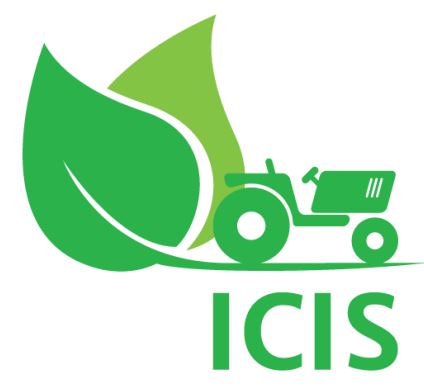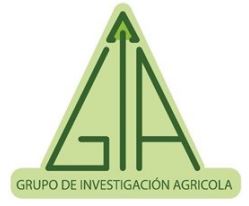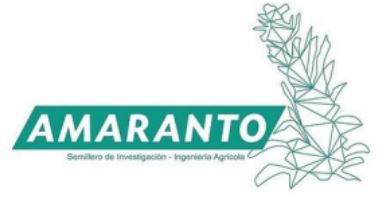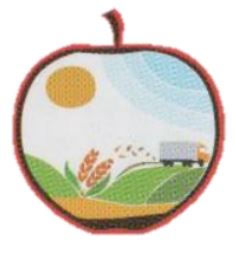AGRICULTURAL ENGINEERING
The Agricultural Engineering Program of the National University of Colombia (Bogotá Headquarters), is required in the agricultural sector to improve its competitiveness which is initiated by the Agreement 33 of March 27th 1969 of the HUC (Higher University Council) and shares its mission as a public, state and national university. The program provides students with its curricular structures and strategies to guide them in key areas to solve problems related to the management and conservation of perishable products, from collection to final consumption, as in the structural, thermal and environmental design of infrastructure for the production and conservation of agricultural and livestock products, under criteria of productivity and sustainability. During their training students have the opportunity to participate in cultural, sporting, academic, extension and research activities as well as the possibility to travel to other countries in order to broaden their knowledge, their horizons and stimulate creativity to increase their potential to boost the country’s development.
GENERAL INFORMATION
- Education level:Professional - Undergraduate
- Name of the curricular program: Agricultural Engineering
- Title granted: Agricultural Engineer
- Year of Creation: 1969
- SNIES Code: 24
- SIA Code: 2541
- Total credits: 180
- Estimated duration: 10 semesters
- Methodology:On-Campus
- Type of Study: Full-time
- Curricular area: Civil and Agricultural Engineering
- Faculty: Engineering
- Headquarters: Bogotá
PROFILES
Graduate Profile
OBJECTIVES
CURRICULUM
COMPONENT
GROUPS
CREDITS
FUNDAMENTALS
(Typology B)
- Mathematics
- Probability and Statistics
- Physics
- Biology and Chemistry
- Computer tools
- Economic and Administrative tools
59
DISCIPLINARY/PROFESSIONAL
(Typology C)
- Basic Disciplinary without grouping
- Automation and Control
- Agricultural Machinery and Mechanization
- Irrigation and Agricultural Drainage Engineering
- Rural Constructions
- Post-harvest Agricultural Products
- Interdisciplinary Project Workshop
- Degree Work
85
FREE-CHOICE
(Typology L)
FREE-CHOICE
36
SUBTOTAL
Total
180
LEVELLING
(Typology P)
English
12
TOTAL
Total
192
OFFERED COURSES
Obteniendo datos del Sistema de Información Acádemica SIA
APPLICATIONS FIELDS
- Control and Automation in Agricultural Manufacturing: Design tools and support for automatic decision-making based on absolute or relative error.
- Agricultural Machinery and Mechanization: Design, selection, evaluation and administration of machines and implements used in the production and conservation of food and raw materials of agricultural origin.
- Irrigation and Drainage Engineering: Design, assembly, operation and evaluation of agricultural irrigation and drainage systems and soil recovery engineering.
- Post-harvest Engineering of Agricultural Products and Agro-industry: Management and conservation of perishable products from harvesting to final consumption.
- Rural Constructions: Structural, thermal and environmental design of infrastructure for the production and conservation of agricultural and livestock products.
- Economic and Administrative Sciences: Application of different methods and techniques of the constitution and management of companies related to the agricultural sector.
CONTACT
Curricular Coordinator: Oscar Leonardo García Navarrete
E-mail: cooacade_fiabog@unal.edu.co
Address: Bogota, 30th Street 45-03, Building 214, Office 206
Telephone: (+57) (1) 6 500 500 Ext: 16602
SELF-ASSESSMENT ACCREDITATION
ACCREDITATION
DURATION
PERIOD
SELF-ASSESSMENT
ASSESSMENT
2008
4 years
2008 - 2012
2013
6 years
2013 - 2019







